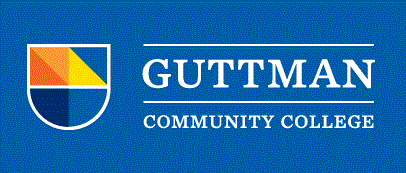
Publications and Research
Document Type
Article
Publication Date
2018
Abstract
In this essay, I examine the current New York scene and the emerging discourses surrounding the recent visibility of Dominican Voodoo (Vudú) and its music. When Dominicans migrated, they brought with them these marginalized genres of music including the music of Vudú, and, since the 2000s, this music (palo) has moved from the religious arena to the popular music world, in turn changing the nature of the religious rituals. In New York City, Vudú ceremonies can now publicly feature drumming and possession and are practiced in commercial venues rather than in private homes and altar spaces. While this move of religious ceremonies from concealed spaces to public dance clubs has led many believers to complain of a compromised authenticity, from the perspective of ‘lived religion’, all such actions within this environment could be seen as forms of religion. Public and secular performances have changed how practices such as spirit possession are experienced, enacted, and perceived. For example, club goers have developed a new way of dancing to the music where mimicking spirit possession is part of the dance. It is precisely these new seemingly secular practices that have given Dominicans the freedom to exercise more agency in their religious identification.


Comments
This article was originally published in Civilisations.